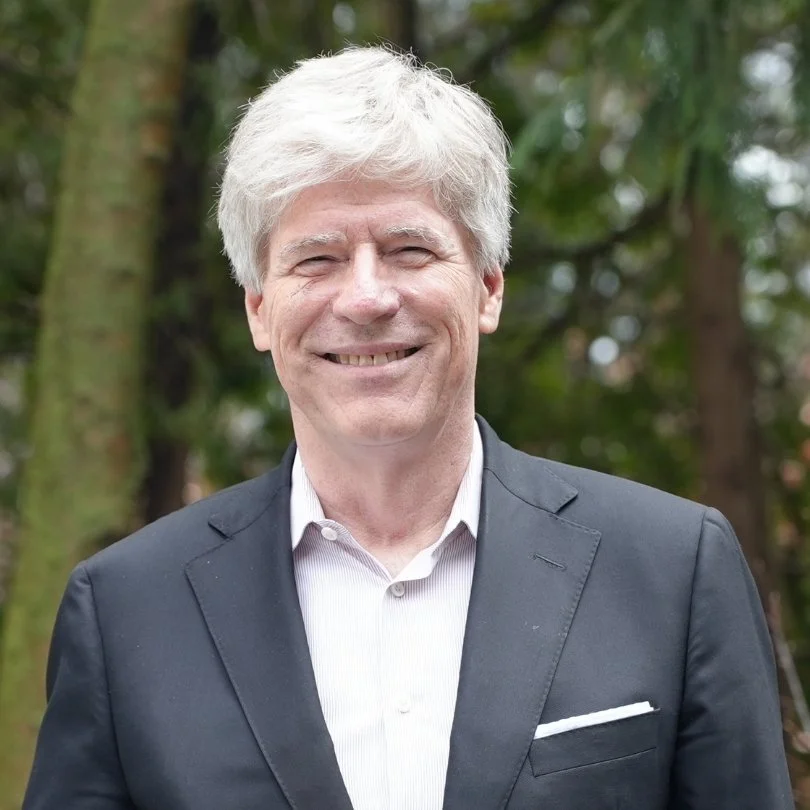For Trudeau, redistribution politics means something different now than it did nine years ago
THE CANADIAN PRESS/Sean Kilpatrick
One of the first stories I ever wrote about Justin Trudeau – back in early 2015 – was how this millionaire son of a political icon had reintroduced redistribution back into the Canadian political discourse.
Here is the top of that Bloomberg story:
The chain-link fence running more than a mile along Montreal’s L’Acadie Boulevard marks one of the starkest examples of urban segregation in Canada.
On the west side of the fence is the leafy suburban Town of Mount-Royal and its million-dollar homes; on the east, some of the country’s poorest families.
Straddling the fence is Justin Trudeau.
Pierre Trudeau of course represented the affluent TMR as a Member of Parliament for more than two decades. Pierre’s son Justin chose to run for office on the other side of the fence – a move steeped in symbolism.
The younger Trudeau’s election victory in 2015 can in part be attributed to an agenda built around narrowing the income divide and redistributing resources from the wealthiest to the middle class. As a result of that election, Canada’s top earners pay a marginal income tax rate of as high as 55 per cent, among the highest in the world.
In their budget earlier this year, the Liberals sought to bolster their waning political fortunes by going back to their 2015 political playbook with new capital gains taxes they framed as taking from the wealthy to finance social programs for everyone else. The move fell flat.
Polls are mixed on the popularity of the specific measure, but the tax increase hasn’t captured the electorate’s imagination and certainty hasn’t changed the political trajectory for the Liberals.
In a poll by Abacus Data for the Toronto Star released this week, the government’s budget management was cited as the second highest reason for negative impressions of Trudeau.
The failure of the capital gains tax to resonate positively reflects how redistribution politics means something different today than it did nine years ago.
In a world of inflation and high interest rates and high unemployment, getting the macroeconomic policy right means more to the “have-nots” than how much taxes are being paid by the rich.
A lot messier
Distribution of income and wealth will continue to play a central role in the political debate and feature prominently in the coming election, but in ways that will be a lot messier and unfavorable to Trudeau.
The types of fault lines that are being forged right now are more complex than simple us-against-the rich narratives.
High borrowing costs and consumer prices have caused poverty rates to rise and real incomes to fall. Young families and low-income earners, in particular, have been hit hard by the increases in both the cost of living and the cost of credit.
According to the latest income survey data from Statistics Canada, median after-tax incomes of Canadian households fell 3.4 per cent in 2022, and the poverty rate jumped by 2.5 percentage points to 9.9 per cent.
On top of these stresses on low-income families are new generational fault lines forming between young and old.
Young Canadians were hit hardest by COVID-19 and now face a bigger burden from higher interest rates, given many are being forced to take monster mortgages to buy homes.
Older Canadians, meanwhile, hold less debt and are more likely to have fixed incomes and plenty of savings.
Deflating issues
The government is hopeful that inflation and interest rates will steadily decline in coming months, deflating some of these issues ahead of the next election.
But it’s also possible the nation transitions from dealing with persistent inflation to facing a new problem: sticky unemployment.
Unemployment not only increases income inequality but is always experienced differently across groups - stoking divisions and creating perceptions of economic winners and losers. Historically, recessions are typically hardest on men, youth, and less educated and marginalized workers. Right now, the brunt of the recent increase in joblessness is being faced by immigrants and youth, but that could quickly broaden if the economy worsens.
While a recession is not being forecast, note the sudden turn of investor sentiment in the U.S. this week amid growing worries the downturn south of our border will deepen. Things could change fast.
The deterioration of the macroeconomic environment over the past three years has been a major burden on low-income households and young families. Rising unemployment will add to those woes. Taxing the rich won’t change that.








